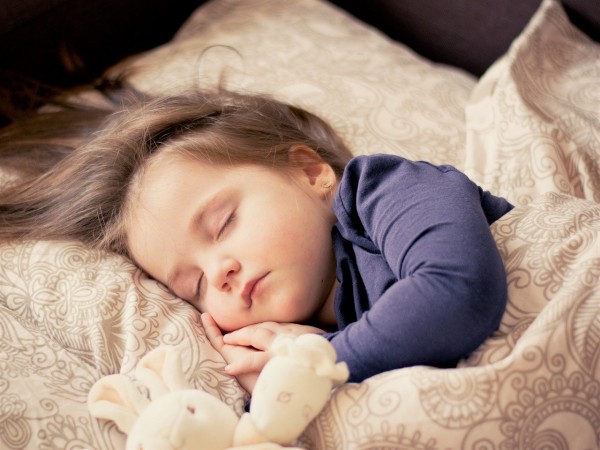Oversleeping: Does Sleeping Too Much Carry Risks?

When long weekends are coming, our beds and pillows become our best friends that accompany us in a good night's sleep. We tend to wake up later than the usual time you get ready for work. Since holidays are also coming, a longer time will be spent at home (unless you are going on a trip) and bond with your loved ones making the atmosphere more relaxing, making people prone to sleeping.
ALSO READ: Who Says Eating Snacks Before Bedtime is Unhealthy? Not When You Eat These Nutritious Foods
Usually, people search online for the risks and cautions sleep deprivation gives them, making most of the oversleeping people okay. There might be someone you know among your friends that tends to close their eyes when they feel comfortable. But did you know that sleeping too much is also bad for health? According to Mbg Health, an average adult needs seven and a half to nine hours of sleep a day. A bit much for early birds that usually wake up after 7 hours of sleep. They also added that if you pass the 9-hour mark of sleeping, it can be a sign that you are not getting enough quality sleep.
Healthline added that nine hours of sleep could not be maintained in the real world because of responsibilities. They added that long sleepers might feel excessively tired during the day and catch up on their off days sleeping until 15 hours.
Causes
One cause of oversleeping is when you have Hypersomnia. According to the National Institute of Neurological Disorders and Stroke (NINDS), hypersomnia is categorized by recurring episodes of unnecessary daytime sleepiness or lengthy nighttime slumber. They added that people with this condition tend to nap repeatedly during the day because their sleep is often interrupted at night. WebMD also added that some people might have obstructive sleep apnea, a disorder that causes people to stop breathing momentarily during sleep, resulting in an increased need for sleep because it disrupts the normal sleep cycle. WebMD also notes that not all people who oversleep have a sleeping disorder. They mentioned that it might be caused by alcohol and prescription drugs. Depression may also cause oversleeping, and some people want to sleep a lot.
READ ALSO: Link Between Obstructive Sleep Apnea and Increased Hospitalization From Flu Infection
Effects and Treatment
Just like sleep deprivation, oversleeping has underlying effects that may appear in the long run if you habitually oversleep. Early bird said that oversleeping could be linked with cognitive impairment. They also added that extremes of sleep - both deprivation and oversleeping - might impact an individual's mood and mental health. Early bird also mentions studies that demonstrate too little or too much sleep can increase the risk of Alzheimer's disease and dementia. WebMD added that oversleeping is linked with diabetes, obesity, headaches, back pain, and depression. Treatments may vary depending on the cause. According to Healthline, if an underlying disease causes oversleeping, it is best to get treated. However, Sleep Foundation added that making changes to your sleep schedule can help habits, stress management, and even your sleep environment. Oversleeping can be serious and dangerous. That is why it is best to talk with your physician for better treatments and better sleep.
READ NEXT: Are You Sleep-Deprived? Know What This Condition Can Do To Your Body
Check out more news and information on Sleeping on MD News Daily.
Nov 30, 2020 12:00 PM EST





